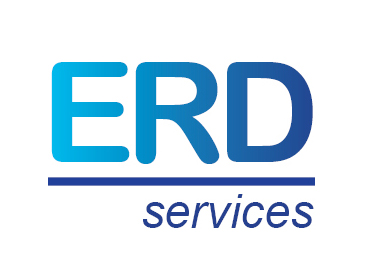Jacobs Spends USD 1.8bn on PA Consulting to Keep It Independent
Jacobs Will Keep PA Independent,
Jacobs surprised us with its intention to acquire a 65% stake in PA Consulting for USD 1.8bn (enterprise value of the stake). For those of us that have been in the industry, we know that consulting acquisitions can be risky. Think of EDS and AT Kearney, Capgemini and Ernst & Young Consulting, or IBM and PwC Consulting.
Jacobs and PA Consulting are taking a different route that preserves the independence of PA. PA Consulting stated: “the private equity style investment from Jacobs will allow PA to retain its independence [..]”. One couldn’t be clearer.
Jacobs is replacing The Carlyle Group after a five-year tenure, during which PA Consulting exited non-profitable geographies and made five acquisitions.
Expand PA Consulting in the US
From Jacobs’ perspective, it is acquiring a significant (USD 715m in 2021E revenues), high-growth (~10% annually), and highly profitable (EBITDA margin of 22%) business.
Jacobs will help PA Consulting expand in the US market (PA derives 10% of its revenues from the US, vs. 80% in the UK). Both companies target the health and life science, public services, consumer and manufacturing, and defense and security industries.
This transaction is, therefore, unusual, with no cost synergies and no portfolio integration. The focus is on cross-selling the PA capabilities to the client base of Jacobs.
PA Is More Than a Brand Name in Management Consulting
Jacobs highlighted that PA is more than a high-end management consulting firm. PA derives most of its revenues from traditional management activities (e.g., performance improvement, digital, growth strategy). However, it is also involved in technology implementation and has several specialties, data science/AI, cybersecurity, and product design & engineering (combined 25% of revenues). Also, PA has several IPs, including iPredict, a power outage, and failure prediction product
Jacobs Will Resume Acquisitions in Six Months
The PA Consulting move seems an expensive move. However, Jacobs highlights that it will have its net debt under control, to USD 2.4bn, on a pro-forma basis despite the transaction. This represents a net debt/adjusted EBITDA of 2. Jacobs’ CFO is confident the firm can resume six months after the transaction. We are expecting Jacobs to resume acquisitions that are more in line with its current activities.
